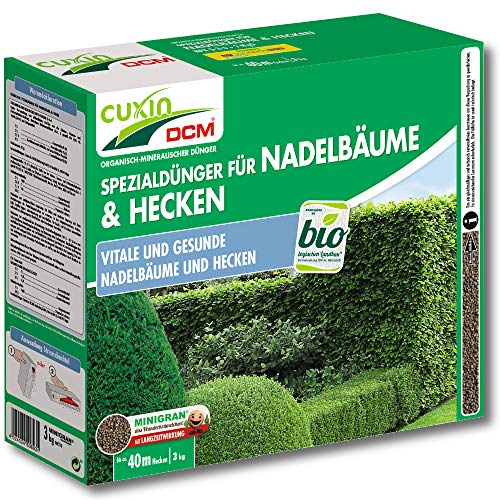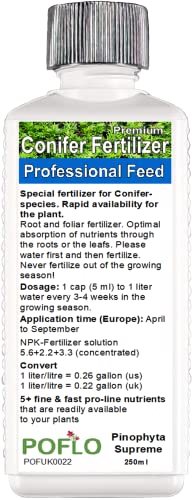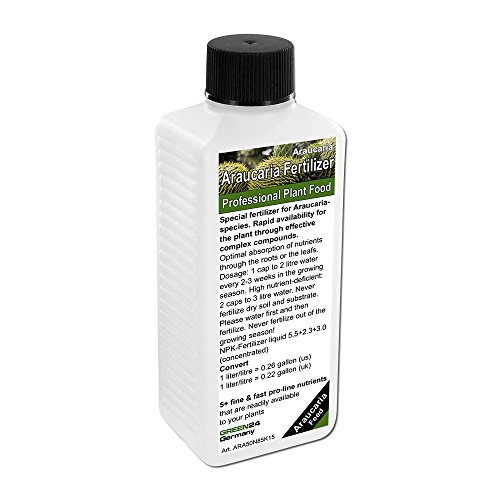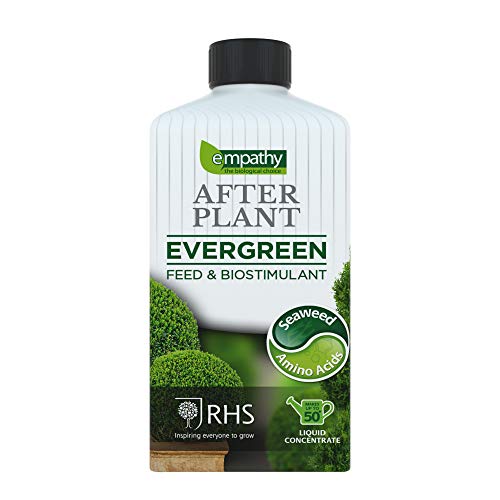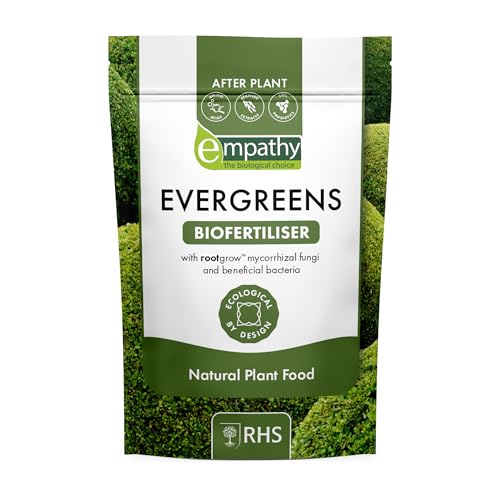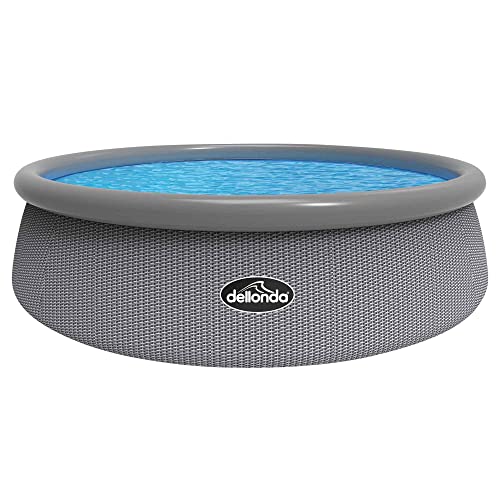Understanding Conifer Fertiliser: What Is It and Why Do We Need It?
What Conifer Fertiliser Is
Conifer fertiliser is a specialized type of nutrient-rich product designed to support the health and growth of conifer trees and shrubs, such as pine, fir, and cedar. Unlike general-purpose garden fertilisers, conifer fertilisers are formulated with the specific nutrient requirements of these evergreens in mind. This means they usually contain higher levels of nitrogen and potassium, which are crucial for promoting healthy foliage and root establishment. As we care for our gardens, understanding the benefits of using a fertiliser tailored for conifers can lead to robust and vibrant plants.
The Importance of Nutrients for Growth
Conifers, being evergreen trees, have unique growth patterns and needs that differ from other types of plants. They remain green year-round, absorbing light for photosynthesis even in winter. This constant need for nutrients means that conifers can become depleted in essential elements like nitrogen, phosphorus, and potassium over time. Using the right conifer fertiliser ensures that these trees receive the necessary nutrients to thrive, helping them grow more vigorously and resist diseases.
Choosing the Right Type of Conifer Fertiliser for Your Garden
Types of Conifer Fertiliser
When it comes to selecting a conifer fertiliser, we encounter a variety of options, including granular and liquid forms. Granular fertilisers are slow-release, allowing nutrients to be gradually available to the plants, which is ideal for sustained growth over several months. On the other hand, liquid fertilisers offer a quick boost, perfect for addressing immediate nutrient deficiencies. Choosing between these types often depends on your specific gardening needs and the growth stage of your conifers.
Factors to Consider for Your Garden
In addition to the type of fertiliser, we should also consider the specific needs of our plants. Pay attention to the age and health of your conifers; younger trees may require more frequent feeding than established ones. Soil quality is equally important; a soil test can help us determine what nutrients our plants might be lacking. Look for products that are specially formulated for the types of conifers in our gardens for the best results.
How to Use Conifer Fertiliser Effectively: Best Practices and Tips
Application Techniques
To make the most of conifer fertiliser, we need to focus on application methods. If we’re using granular fertiliser, it’s best to scatter it evenly around the base of the tree, avoiding direct contact with the trunk, to prevent root burn. Incorporating the fertiliser into the top few inches of soil can also enhance nutrient uptake. For liquid fertilisers, mixing with water and applying at the recommended dilution ensures an even distribution across the foliage and soil.
Timing the Application
Timing is crucial for fertilising conifers. Typically, we should aim to fertilise in early spring when new growth is beginning. Applying at this time supports the tree’s growth cycle effectively. For a second application, mid-summer can offer an additional nutrient boost. However, we should avoid late-season fertilising, as this may encourage new growth that can be damaged by winter conditions.
Signs Your Conifers Need Fertiliser: How to Recognise Nutrient Deficiencies
Visual Cues of Nutrient Deficiency
Recognising when our conifers need fertiliser can be done by observing their appearance. If we notice yellowing needles, stunted growth, or an overall decline in vigour, these can be signs of nutrient deficiencies. Older needles turning yellow can especially indicate a nitrogen deficiency, while browning tips may suggest a lack of potassium. By being vigilant about these signs, we can take timely action to restore our trees’ health.
Monitoring Growth Patterns
In addition to visual cues, paying attention to growth patterns provides insight into the condition of our conifers. If we see reduced new needle growth or a general thinning of branches, it might be time to examine our fertilisation regime. Healthy conifers should show consistent growth year after year, so any significant changes in their growth can signal a need for additional nutrients.
Expert Recommendations: Our Top Picks for Conifer Fertiliser
Nutrient-Rich Options
When choosing conifer fertilisers, we recommend looking for products that contain a balanced ratio of nitrogen, phosphorus, and potassium. Brands that offer slow-release formulations are ideal, as they provide a consistent nutrient supply. Additionally, we suggest checking for added micro-nutrients like magnesium and iron, which can contribute to the overall health of conifers, ensuring we select a well-rounded product for our gardening needs.
Eco-Friendly Alternatives
For those of us interested in organic gardening, there are eco-friendly conifer fertilisers available, often based on natural ingredients. These can enrich the soil while being gentle on the environment. Products made from composted materials or seaweed extracts are excellent choices, providing essential nutrients without the worry of chemical runoff. This way, we can maintain healthy conifers while also caring for our garden ecosystem.



